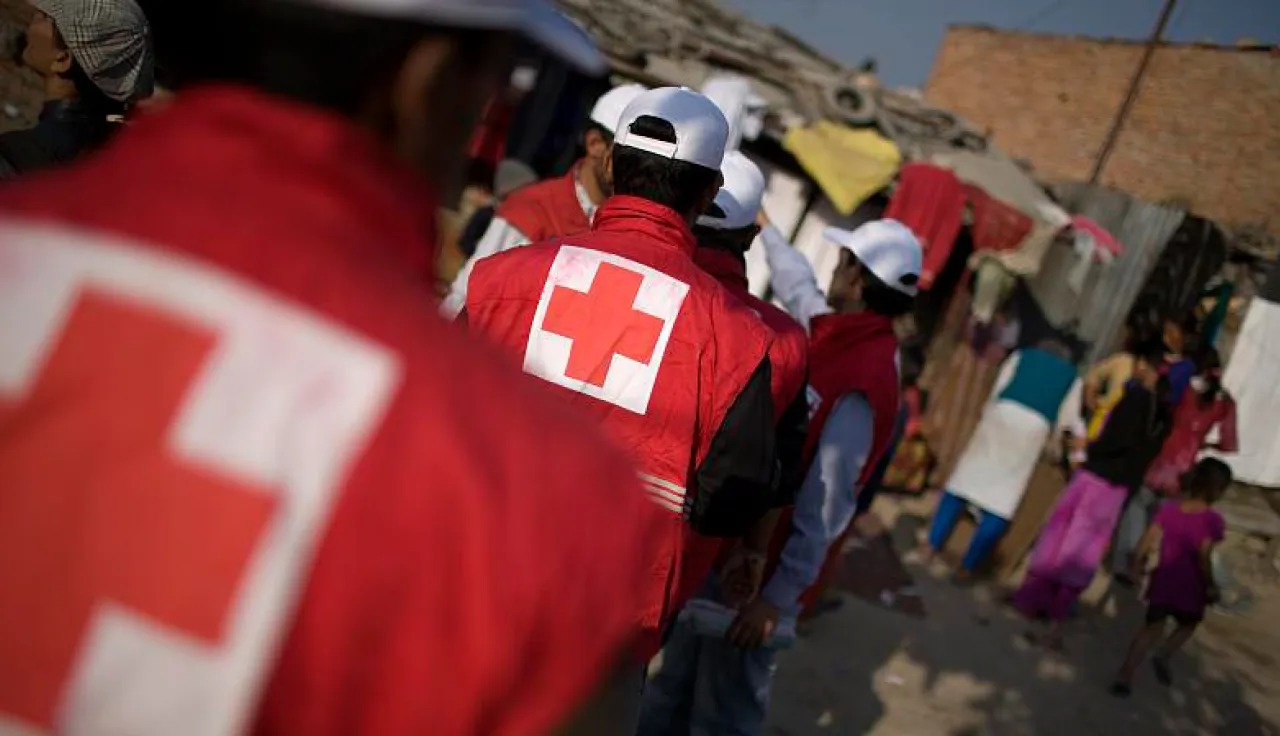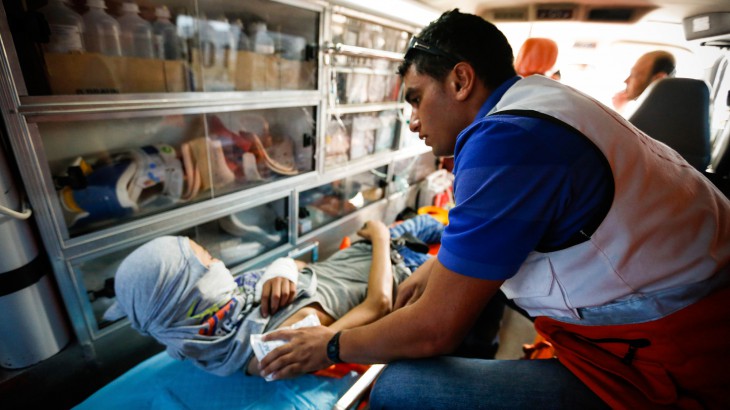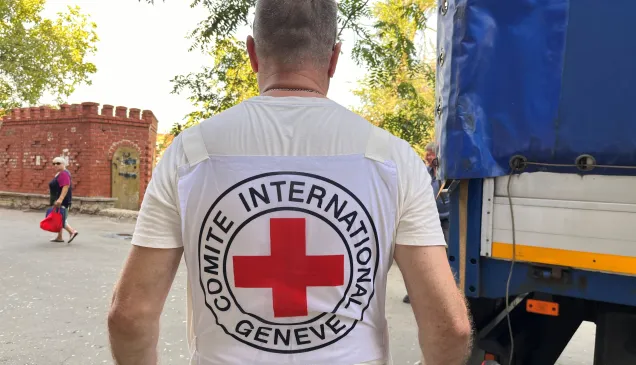A road map for protecting health-care services

Health Care in Danger newsletter - March 2016
The headlines from conflict zones tell the tale: hospitals are being bombed, doctors attacked, and health-care facilities raided by combatants pursuing injured or sick members of opposing factions. This violence against health-care services has the potential to undermine the founding principle of the Geneva Conventions: that there should be some humanity in war.
Under these circumstances Resolution 4 on protecting the delivery of health care, adopted at the 32nd International Conference of the Red Cross and Red Crescent, is very welcome indeed. It's a step forward, for two reasons:
(1) We need to act, not just express concern
Nobody can deny that these attacks are alarming, and there has been no shortage of calls to protect medical services. But what we need most is concrete action. Resolution 4 recognizes this need: it highlights the devastating short- and long-term consequences of this violence and, more importantly, sets out a clear road map for protecting health-care services.
Following on from the recommendations of the global consultation process carried out under the Health Care in Danger initiative, Resolution 4 calls for a range of measures. These include: adopting and amending domestic legislation, factoring in the protection of health-care services when conducting military and police operations, gaining a better understanding of the violence that affects the delivery of health-care services, ensuring that health-care personnel understand their legal and ethical obligations, making health-care facilities more secure, and improving risk management and overall security for ambulance and emergency health-care services – including those of National Societies.
In addition, the resolution calls on States to fully and promptly investigate attacks against health-care personnel and facilities in order to prevent future violence, ensure accountability and address victims' grievances.

West Bank, Ramallah. A Palestine Red Crescent Society volunteer provides essential first aid to an injured Palestinian. CC BY-NC-ND/ICRC/A.Atta
(2) Cooperation is important
Resolution 4 also emphasizes the importance of cooperation to address the issues underlying these attacks and prevent them. It calls on States, the International Red Cross and Red Crescent Movement, the health-care community and others to work together to implement practical measures that are adapted to the local situation and designed to prevent and address violence against patients and health-care personnel, facilities and vehicles.
Specifically, it calls on the Movement to continue supporting and strengthening the capacities of local health-care providers, bearing in mind that they are often among the most affected by violence and therefore require specific attention.
Following the road map
Action and cooperation are central to the approach taken by the International Red Cross and Red Crescent Movement's Health Care in Danger initiative. Under the initiative, efforts are being made to create spaces ("communities of action") where health-care providers, professional associations, international and regional organizations, civil society, and religious and community leaders can come together to share good practices, approaches and lessons learnt, and even discuss and plan concerted action.
There has been progress already, for example, with such communities constituting around the objective of making health-care facilities more secure and on developing internal risk-management protocols and improving overall security for National Societies' ambulance and pre-hospital services.
Alexander Breitegger, ICRC
Resolution 4, "Health Care in Danger: Continuing to protect the delivery of health care together" specifically mentions the recommendations resulting from the Health Care in Danger global consultation process. The consultations were carried out between 2012 and 2014 and brought together health-care experts and organizations.
Participants addressed the following issues: domestic legislation; procedures and practices of State armed forces and security forces; procedures and practice of armed groups; health-care workers' legal and ethical responsibilities; safety and security in health-care facilities; risk management and overall security for ambulance and emergency health-care services; the role of National Societies; and the role of religious and civil-society leaders.
For more information:
- Visit the Health Care in Danger website
- Sign up to our newsletter and stay informed
Read also:
"Are we doing enough to safeguard health-care services?" by Ali Naraghi, ICRC
"Five takeaways from the Health Care in Danger commissions" by Ambassador Martin Seleka, Republic of South Africa
"Pledging to make hospitals safe havens" by Eric de Roodenbeke, IHF



